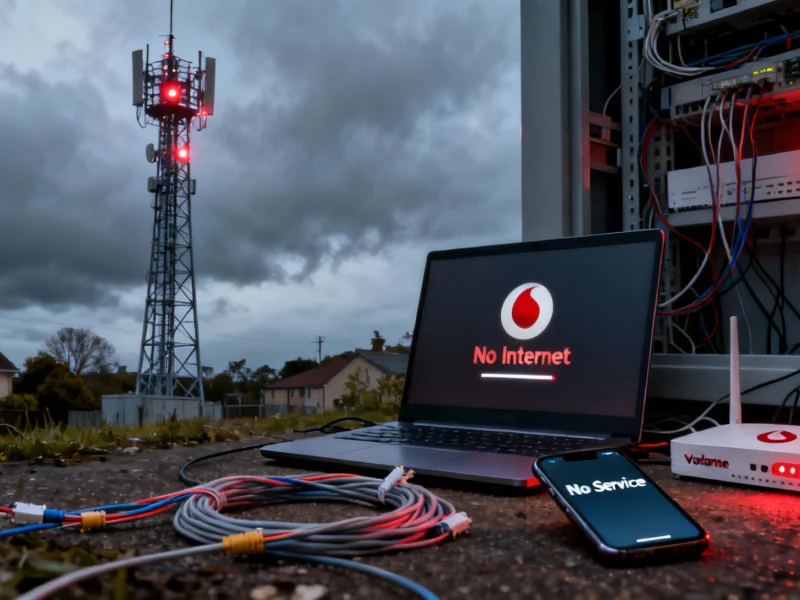Wi-Fi 8 Trials Succeed as TP-Link Confirms Next-Generation Wireless Standard
TP-Link has successfully tested Wi-Fi 8 prototypes, marking the next evolution in wireless technology. Unlike previous generations, Wi-Fi 8 prioritizes reliability over raw speed, promising steadier connections and better performance in crowded environments. This development comes as many consumers are still considering upgrades to Wi-Fi 7 routers.
While many consumers are still contemplating upgrades to Wi-Fi 7 routers, networking technology continues advancing at a remarkable pace. TP-Link, one of the world’s leading networking equipment manufacturers, has confirmed successful initial trials of Wi-Fi 8 technology. This development signals the next evolutionary step in wireless connectivity, even as the current Wi-Fi 7 standard remains relatively new to most consumers.






